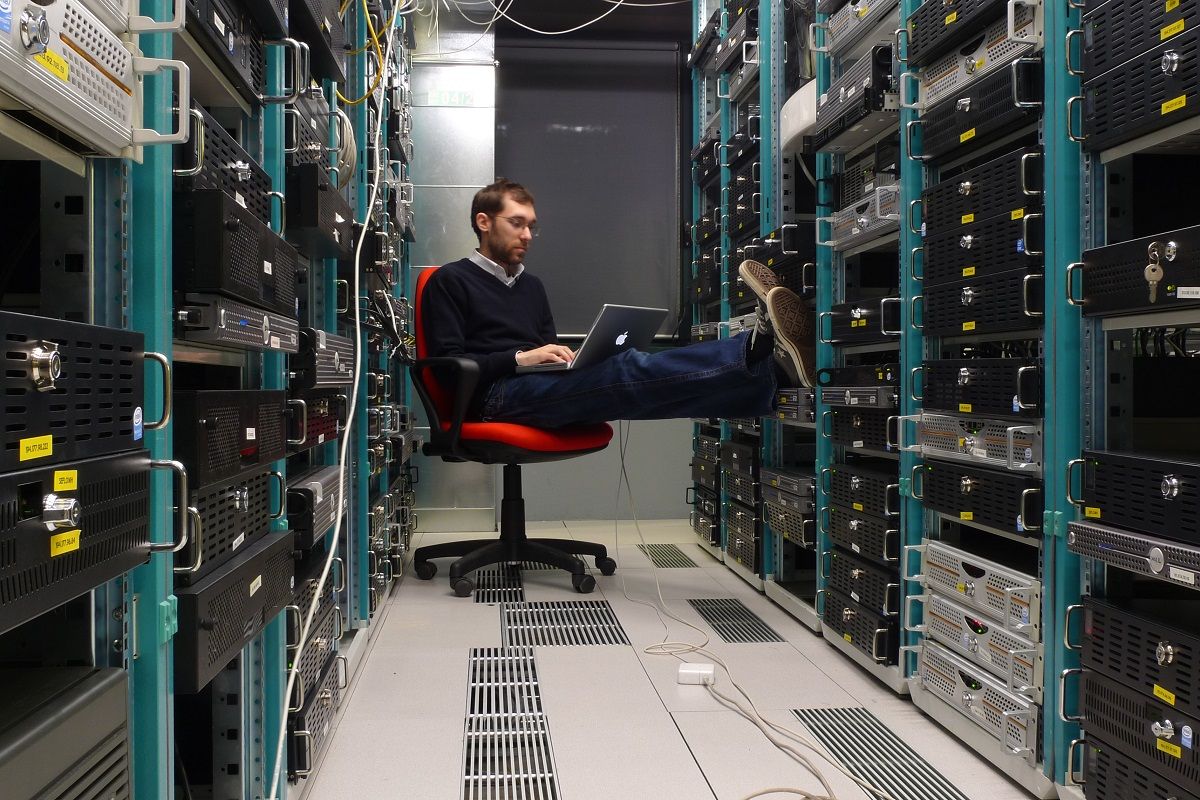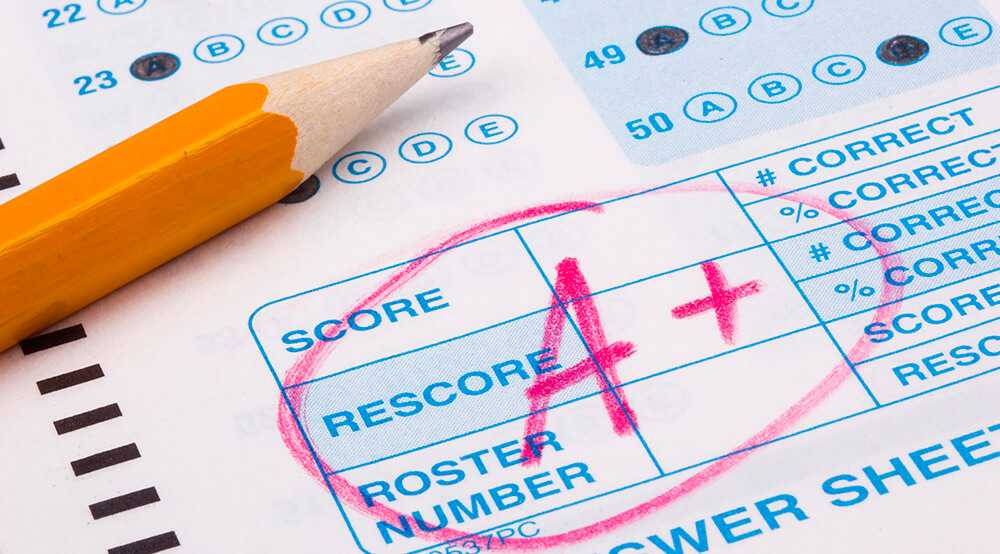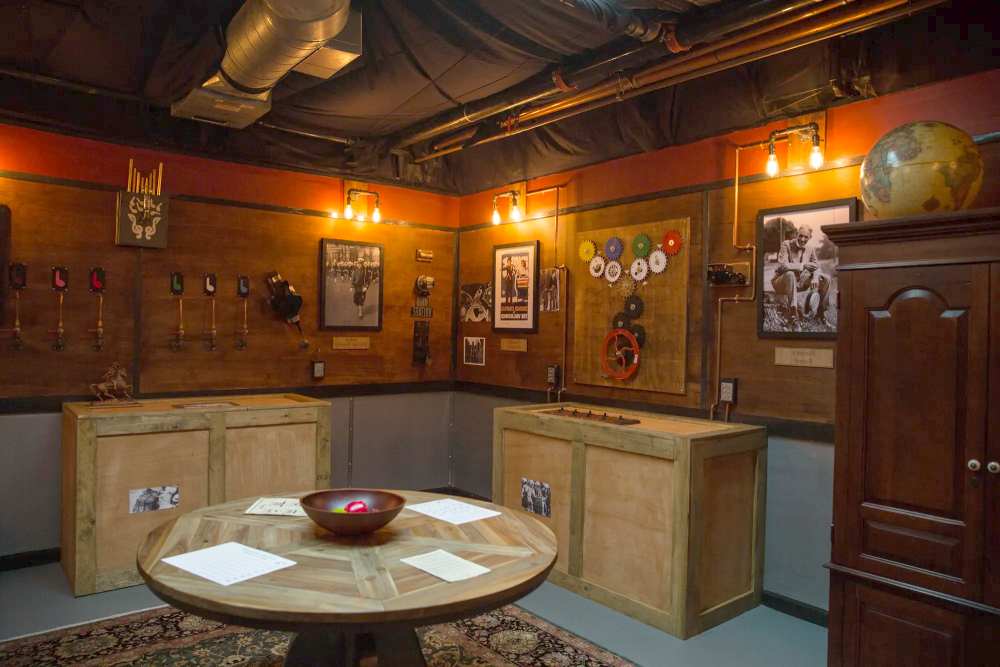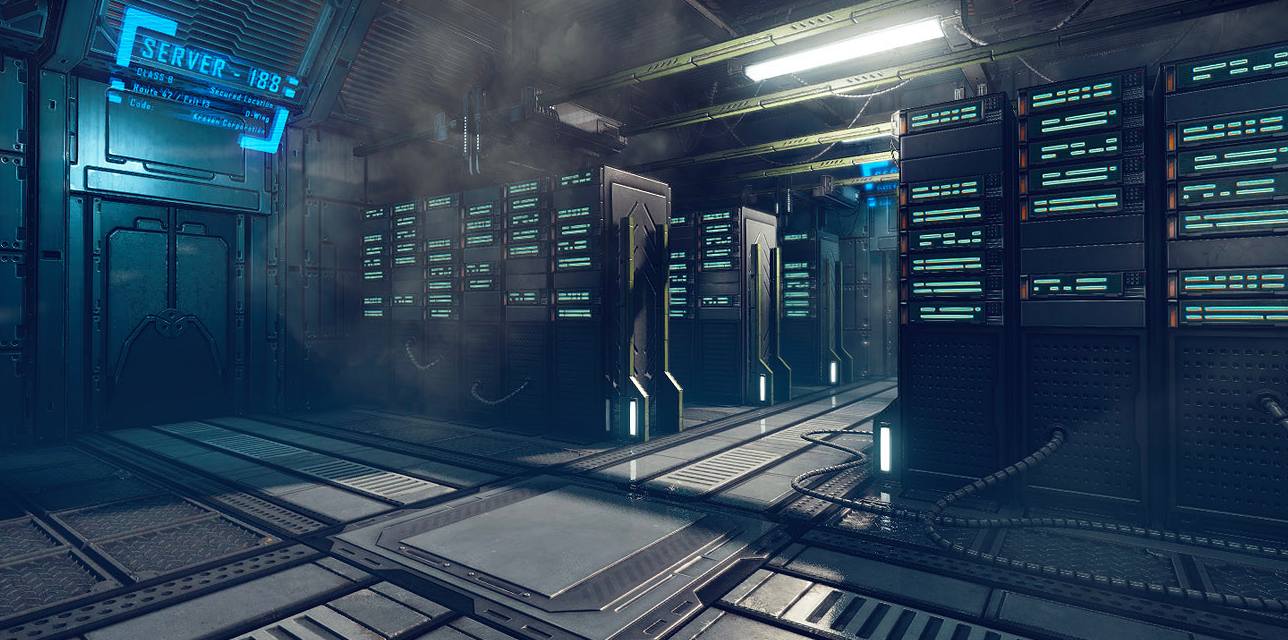A dedicated physical server is a separate physical machine, all the resources of which are provided to the client. The client gets full administrative access to the management of software and hardware components of the server without access restrictions.
Significant computing power and high bandwidth of the communication channel allow you to host projects of any complexity on a dedicated server: from online stores and forums with high attendance to mail servers and database servers.
If you plan to rent dedicated servers, it’s worth choosing that based on the Intel Xeon server line, as well as RAM modules and storage media and RAID controllers from leading manufacturers.

A dedicated server can be used as a development server or create a set of virtual dedicated servers (VPS) based on it.
The dedicated server service involves renting one physical server by one client. You choose “hardware”, calculating possible loads in the future, and the hoster places the server in a rack cabinet in the data center. There, throughout the entire lease period, the provider ensures uninterrupted supply of electricity and Internet to your hardware, supports the vital activity of the server itself, that is, constantly monitors its technical condition – whether any of the components have failed: hard disk, processor, power supply…
If necessary, if there is no competent person on the client side who could take over the server administration issue, the hosting provider can provide this option as an additional service to renting a dedicated server.
When users want to create a website, the question arises which service to choose: hosting, VPS or dedicated server. Among themselves, they differ in customization options, amount of memory and price. However, they all work on a physical server. Before we talk in detail about a dedicated server, let’s look at what the physical server itself is.
A physical server is a large system unit with a processor, an operating system, a large amount of memory and many other additional devices. It is stored in a specially equipped place – a data center. Physical servers need a serious cooling system and uninterrupted power supply, so their maintenance is handled by individual companies.
The physical server has very large resources, and most often they are not needed by one user. Therefore, one server is divided into several services (hosting, VPS). If the user needs all the capabilities of a physical server, you can rent a Dedicated server.
If you decide to rent a “dedicated server”, then the hardware belongs (for the duration of the lease, of course) only to you. This gives you, as a client, a certain degree of independence.
What it means: when you choose a server, you know what task you are going to solve. Assume the load that will be required to complete this task.
Nobody uses the server resource except you. Accordingly, if you have correctly calculated the power that will be required to meet your needs, the probability of a delay in operation is negligible. You will have enough computing power of the leased hardware to work normally. The problem may arise if you made a mistake in the calculations and you need to scale quickly for suddenly increased loads.
If you shared your server with another client, then an unplanned increase in load on his part would mean nominal “theft” of your part of the computing power.
This is the main advantage of the “dedicated server” service – the user is independent from other clients of the selected hosting provider. This service is suitable for those who are concerned about security risks when storing data in a commercial data center. If you want to host your personal or corporate mail, database or 1C:accounting on the server and are aimed at maintaining confidentiality, feel free to choose a dedicated server.
Renting a dedicated server also brings economic benefits. On average, the life of the server is 2-3 years. After this time, the “hardware” becomes obsolete: new models of servers are coming out, more powerful, with more RAM, more hard drives. At the same time, the colocation service costs from 50 to 80% of the server rental service.
An alternative may be to rent a dedicated server, which costs $ 100-150 on average. The advantage here is that at any time you can give up computing power if you no longer need it, or ask the hosting provider, on the contrary, to increase the power. This approach seems economically reasonable.
When choosing a processor, it is necessary to focus on the following indicators: the number of cores, the core clock speed and the amount of built-in cache memory.
RAM for the server is one of the most important components for the stable operation of a server of any level and configuration. Depending on the necessary requirements and tasks, the total amount of memory is selected. To date, there are 2 main memory standards, namely DDR3 and DDR4. The difference between them lies in the information transfer rate: for DDR3 – 1333-1867 MHz, and for DDR4 – 2133-2666 MHz.
The choice of disk system also depends on the tasks required for the server. Decide what is more important for the server – fast data search speed, the ability to process a large number of simultaneous requests in a short time, or the volume of media and cost.
Ultimately, renting a web server turns out to be the optimal solution for a client who does not want to share his virtual space with other users unfamiliar to him, but is not ready to make a one-time large capital investment (to increase CAPEX).
Our company offers a dedicated server service. We are located in the building of a large infrastructure provider DataPro, which means we can promise uninterrupted operation of hardware in accordance with the requirements for facilities that have a Tier 3 certificate from the Uptime Institute (Tier 3 availability SLA = 99.982%, that is, 1.6 hours of theoretically possible equipment downtime per year). Have you already thought about possible options? Check out our server rental offers.

23/01/2024

24/09/2023

16/09/2023

23/08/2023

27/04/2023

16/04/2023

15/04/2023

31/03/2023
26/03/2023
26/03/2023
25/03/2023
24/03/2023
24/03/2023
23/03/2023
22/03/2023
21/03/2023
20/03/2023
19/03/2023
18/03/2023
17/03/2023
16/03/2023
15/03/2023
14/03/2023
13/03/2023
12/03/2023
11/03/2023
10/03/2023
09/03/2023
19/02/2023

02/12/2022

02/12/2022

02/12/2022

07/10/2022
27/08/2021
27/08/2021
27/08/2021
27/08/2021
27/08/2021
27/08/2021
27/08/2021